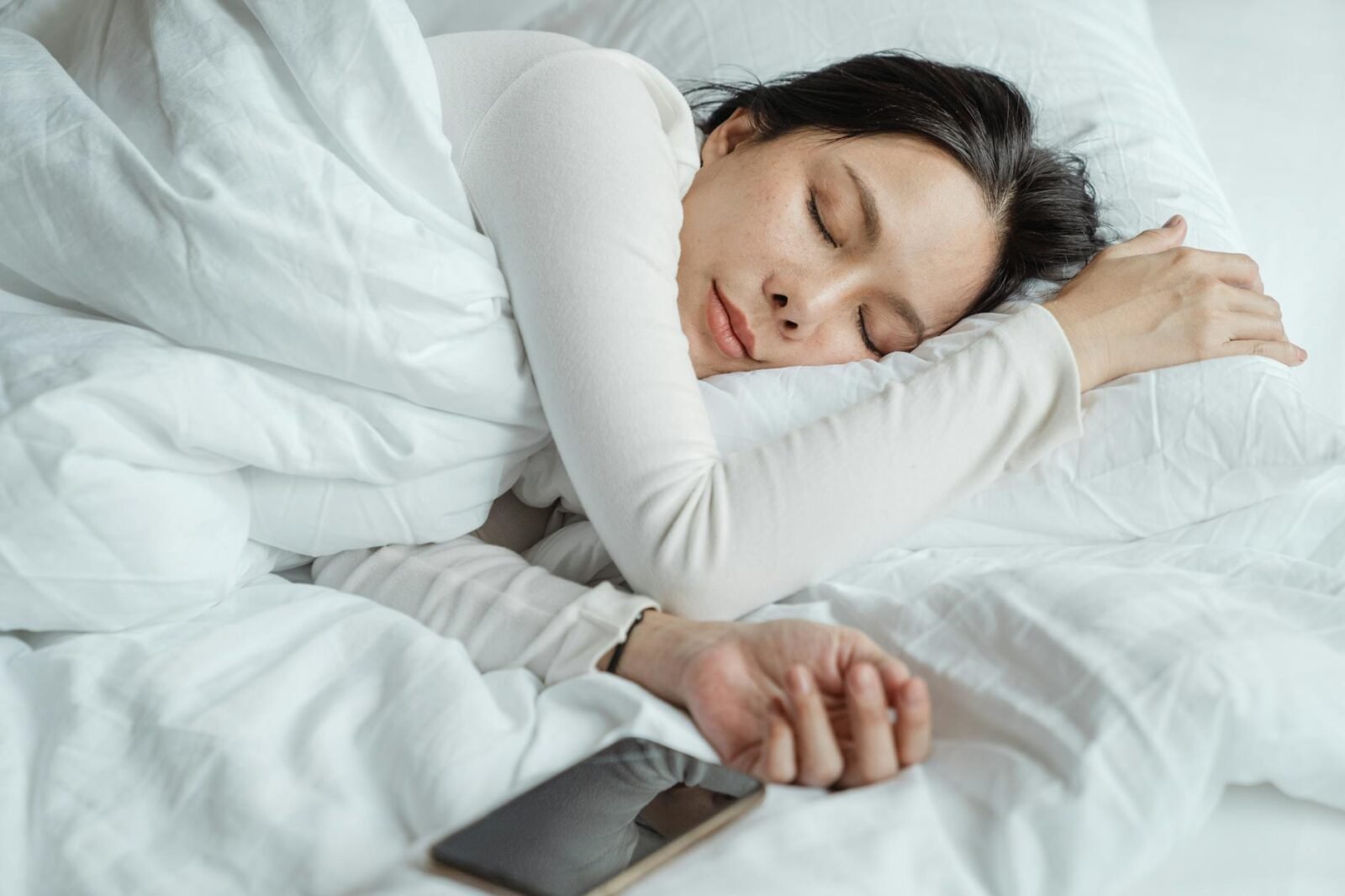Last Updated on November 2, 2024 by Daniele Lima
What is Sleep Hygiene: Understanding the Basics
“Sleep hygiene”, a term widely used nowadays, encompasses practices and habits that promote quality sleep, which is essential for physical and mental health. However, adapting these tips to everyday life can be challenging, especially for those who have a busy life. In this article, we will cover sleep hygiene tips that can be adapted to different lifestyles, explaining how they benefit health and contribute to a longer life.
Table of Contents
Benefits of Sleep Hygiene: Physical and Mental Health Impact
Sleeping well is a basic need for the body, as, during sleep, the body goes through essential processes, such as cell regeneration, hormonal regulation, and strengthening of the immune system. People who maintain good sleep practices have:
Balanced mental health: Quality sleep helps reduce stress and anxiety, improving concentration and mood.
Immune resistance: Adequate sleep allows the body to produce proteins called cytokines, which strengthen the immune system.
Longevity: Sleeping well reduces the risk of chronic diseases, such as hypertension, diabetes, and heart problems, positively influencing life expectancy.
Best Sleep Hygiene Tips for Adults: 5 Evidence-Based Practices

1. Sleep Schedule Tips: Creating a Flexible Bedtime Routine
How to do it: Try to establish regular bedtimes and wake-up times, but adapt them to your lifestyle. People with intense schedules can seek, for example, to sleep and wake up in an interval of 7 to 9 hours that best fits their rhythm.
Benefits: Having a routine, even if flexible, helps regulate the biological clock and improves sleep quality, promoting restorative rest.
2. Caffeine and Sleep: Managing Intake for Better Rest
How to do it: If you tolerate caffeine well, you can continue consuming it but try to limit your consumption of coffee or other stimulants in the afternoon. Test options like decaf or lower-caffeine drinks should also be available in the evening.
Benefits: For sensitive people, caffeine can interfere with sleep quality. By reducing consumption in the afternoon, your body will have more time to metabolize caffeine before bed, allowing for more continuous rest.
3. Exercise for Better Sleep: Timing and Activity Guidelines
Examples of recommended activities: Aerobic exercises, such as walking, cycling, and swimming, are excellent for sleep, as are low-intensity activities, such as yoga and stretching.
Ideal time: Light activities can be done until close to bedtime, while more intense exercises are recommended during the day to avoid raising adrenaline and making it difficult to sleep.
Benefits: Physical exercise releases endorphins, improves mood, and reduces stress. Activities such as yoga help calm the mind and prepare the body for rest, contributing to deeper sleep.
4. Sleep Environment Tips: Creating the Ideal Bedroom Setup
How to do it: If you work late or need to sleep in a noisy place, consider using earplugs, blackout curtains, or a white noise machine.
Benefits: A suitable environment facilitates relaxation and contributes to quality sleep, even in places where it is not possible to avoid noise or lights.
5. Screen Time and Sleep: Managing Electronics Before Bed
How to do it: Turning off electronics can be a challenge for those who use devices to relax, so one option is to turn on devices’ “night mode,” which reduces blue light, or choose to listen to relaxing music instead of staring at bright screens.
Benefits: Decreasing exposure to blue light before bed helps regulate the production of melatonin, the sleep hormone, facilitating relaxation and deep sleep.
Sleep Hygiene Benefits for Long-Term Health

Sleep promotes a balanced state of health and contributes to longevity. People who get good sleep have a lower risk of cardiovascular disease, obesity, and cognitive decline over time. Sleeping well is also one of the best allies against premature aging, as deep sleep stimulates cell regeneration.
Conclusion
Sleep hygiene can and should be adapted to different lifestyles. Investing in good sleep practices is an important step towards promoting physical and mental health, as well as increasing longevity. With small changes to your routine and adapting the tips to your daily life, you can get restorative sleep and enjoy the benefits for your health and mood in the long term.
Frequently Asked Questions About Sleep Hygiene
How long does it take to develop good sleep hygiene habits?
Most people notice improvements within 2-3 weeks of consistently following sleep hygiene practices. However, individual results may vary based on current sleep patterns and lifestyle factors.
What’s the ideal bedroom temperature for good sleep hygiene?
The recommended bedroom temperature for optimal sleep is between 60-67°F (15-19°C). This range helps maintain your body’s natural temperature drop during sleep.
Can naps affect nighttime sleep hygiene?
Yes, but short naps (20-30 minutes) before 3 PM typically won’t disrupt nighttime sleep. Longer or later naps might interfere with your regular sleep schedule.
How does diet affect sleep hygiene?
Diet significantly impacts sleep quality. Avoid heavy meals 2-3 hours before bedtime, limit caffeine after noon, and consider sleep-promoting foods like milk, bananas, or cherries.
What are the signs of poor sleep hygiene?
Common signs include difficulty falling asleep, frequent night wakings, daytime fatigue, irritability, and trouble concentrating during the day.







Leave a Reply